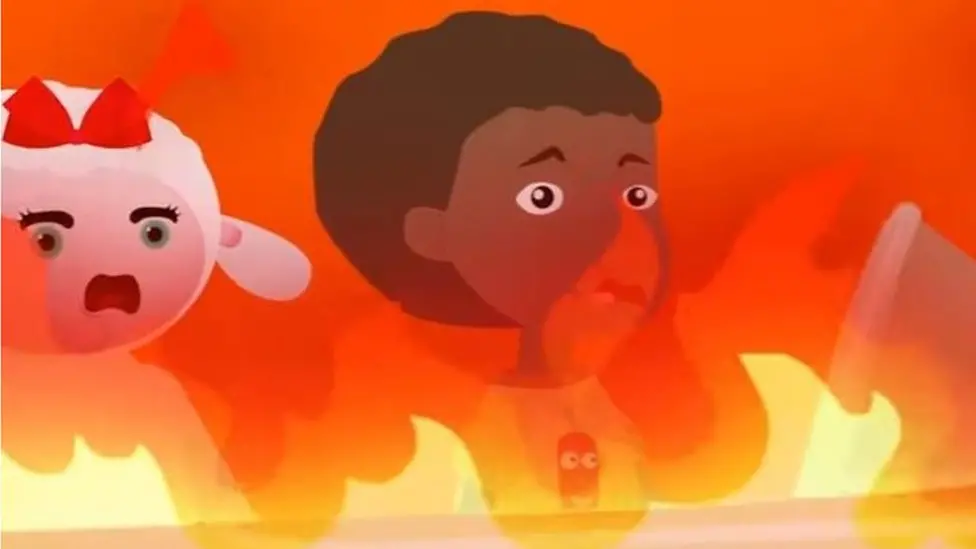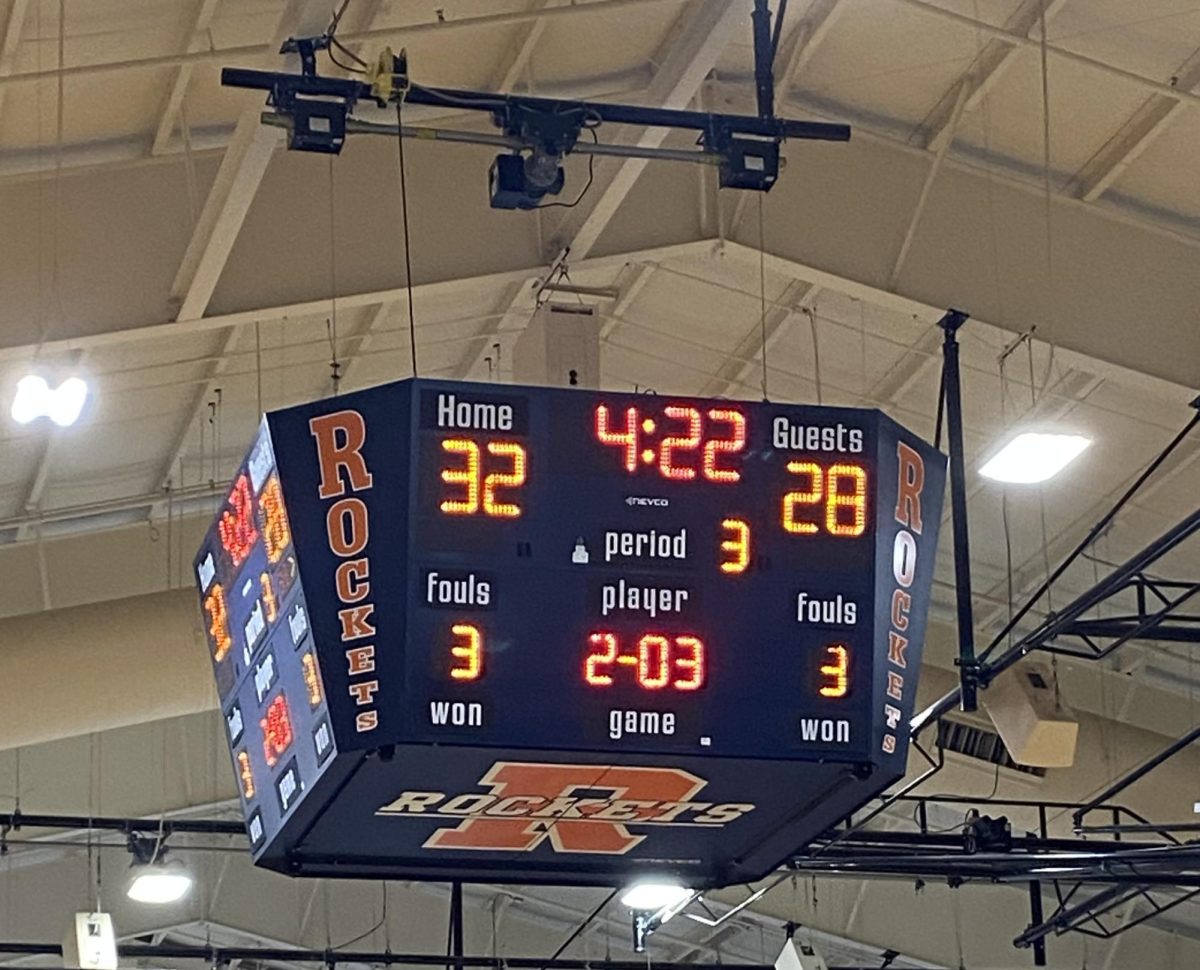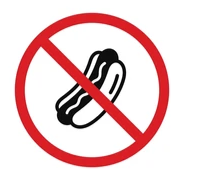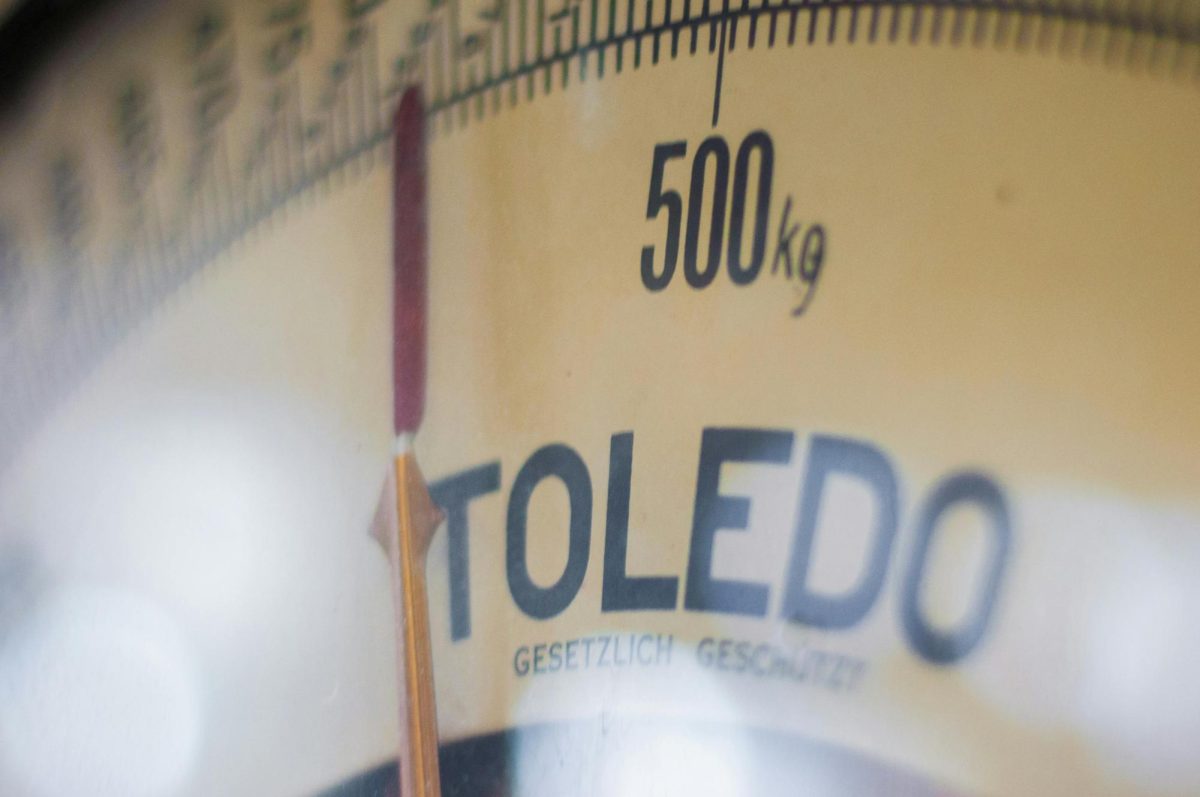Before twinkling lights shined on rooftops and carolers sang their songs, the heart of midwinter was celebrated with fire and feasting, marking the beginning of Winter Solstice. Rooted in pagan rituals like Yule and the Roman Saturnalia, these ancient traditions would fashion into what everyone knows as Christmas. But when Christianity spread across the Western world, these seasonal traditions would undergo a sweeping transformation, merging the old with the new religious customs, creating a holiday celebrated by both the sacred and the profane. The story of Christmas is one of reinvention—a festival shaped by generations of faith, culture, and celebration.
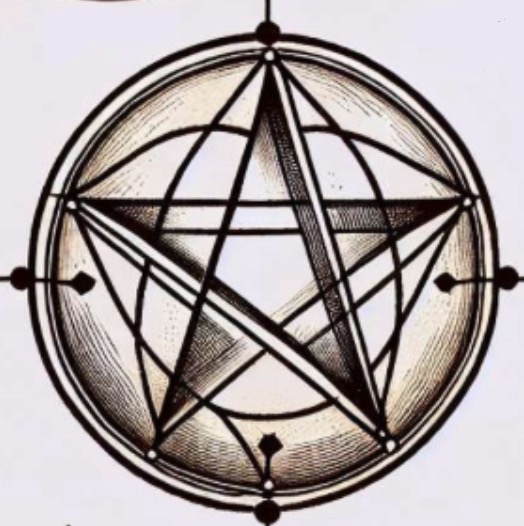
Dating back to ancient Rome and Nordic civilization, Christmas began as a celebration of the winter solstice- the longest night and shortest day of the year. Today it is celebrated by most as the birthday of Jesus, though some excerpts do not believe he was born on the 25th of December and many churches do not celebrate Christmas on that day. Christmas has also become a cultural and commercial holiday in the years since Christianity swept through Europe.
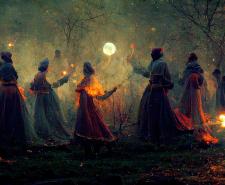
“To me it’s wild to think just how short of a time we’ve been celebrating Christmas in the ways we do today. Things we may consider traditions of old times, like trimming the tree and even caroling are rooted in celebrations and customs that far precede the invention of Santa, ” says high school teacher Mrs. Meier. Commercialism in Christmas can be dated back to the 1840s when marketers and shops began to see the Christmas season as an essential opportunity to sell goods. Santa Claus began to be associated with big cities, like New York, and would become an icon of the holiday as a brand, Soon Santa Claus was in stories all over the country.
However, December wasn’t always associated with Santa Claus and presents; Yuletide traditions from hundreds of years ago heavily influenced many of what people do during the holiday. The winter solstice in the northern hemisphere takes place on December 21 or 22, and during this day Pagans-a word used by the early Christians to refer to the polytheistic Romans and also applying to Nordic people- would celebrate by holding large feasts of hearty foods and gift-giving, according to the History Channel. Those traditions probably sound very familiar to the ones that are still done today, like decorating a yule tree or putting up an evergreen wreath.
“I find it fascinating how many of the traditional calendar holidays we celebrate today actually stem from, or completely overshadow many of the Pagan feasts and holidays,” says Meier. Early Europeans would celebrate light and creation in the darkest time of the year, long before Jesus was born. The celebrations could last as long as twelve days, it was a time when people celebrated the gods and family. But the Christmas most people celebrate doesn’t look exactly like the Pagan rituals of early Europe, celebrating the birth of Jesus is one of the most important times of the year for most whose beliefs fall under the Christianity branch.
In the gospels of Luke and Matthew the birth of Jesus is told: Young Mary of Nazareth, better known as The Virgin Mary, engaged to Joseph, and the archangel Gabriel tells Mary she is blessed with the Son of God and savior by the
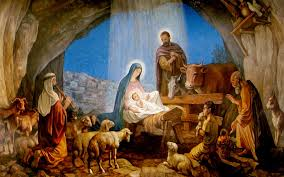
Holy Spirit. Joseph is told in a dream not to regret Mary as his wife as the child is divinely conceived. A decree from Caesar Augustus requires everyone to travel to their ancestral home for a count of the population, which brings the couple to Bethlehem. While in Bethlehem Mary gives birth to Jesus in a simple stable because of the full inn. She wraps him in a swaddle and lays him in a manger, nearby shepherds are visited by an angel announcing the birth of the Saviour. They hurry to see the child, and wise men from the East are guided by a star to honor the infant with gifts, recognizing him as the promised king.
“Christmas is celebrated in many different ways. There is Santa, Jesus’s birth, and possibly more,” says freshman Carter McCarty, “I don’t think you shouldn’t celebrate Christmas if you’re not Christian I just think that people are focusing on different things.” Christmas isn’t just Pagan or Christian, it doesn’t have to fit in a box. “All I can say is Happy Holidays and Lord Bless.”
Traditions across every culture are different in their ways, there is no right or wrong way to celebrate. Whether it bringing in the winter solstice with a feast or writing a list to Santa Claus, every version of the holiday is just as special.
“In the church, for Christmas service, we like to invite others to join in Christmas song. This includes Christians, loved ones, and anyone who wants to learn about Jesus’s virgin birth even if they’ve never heard the good word before,” says McCarty, as every church’s services are different, all celebrating the birth of Jesus in different ways. “My family also likes to go to both my parent’s sides to open gifts and hang out with each other. Going to my cousins on Christmas Eve and grandparents on Christmas day holds some of my favorite memories!”





